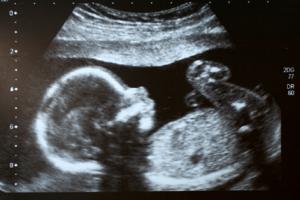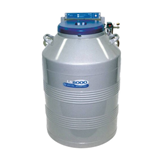More than 120,000 human embryos are now in storage across Australia. While most will be used in future IVF cycles, many will never be needed, leading to difficult choices for parents, according to the research.
The report by Professors Jenni Millbank, Anita Stuhmcke and Isabel Karpin draws on the experience of over 400 past and present IVF patients in over twenty clinical sites across Australia, spanning two decades of experiences.
Patients are confused by overlapping and complicated rules concerning the use or destruction of frozen embryos held in storage after IVF.
"Current rules around stored IVF embryos are intrusive and disrespectful," Professor Millbank said.
"Law should not set blanket storage periods that enforce destruction of embryos after a set period; nor should it prevent donation if that is desired."
Professor Anita Stuhmcke said she believed patients need to receive better information and more options prior to engaging in treatment and be supported in making their own informed choices.
"Policies and practices in modern day IVF must acknowledge the emotional significance of embryos, particularly to the women who underwent painful and invasive treatment to create them," Professor Karpin said.
The report identified 57 recommendations for changes to law, policy and practice in this area, covering matters such as storage limits, use after the death of a partner and embryo donation for reproduction.
Key Recommendations include:
- A clear ‘ready reckoner’ outlining options on the storage and disposition of embryos, accompanied by plain language explanations of their legal effect
- Standard ‘exit counselling’ at the end of IVF or time of family completion
- On death, decisions on embryos rest with the surviving partner
- Accessible external dispute resolution body and appeals process
- No compelled destruction of embryos, including as a result of storage limits
- Patients should decide the manner of destruction of their embryos, including, but not limited to, taking them home for their own form of disposal
- Greater support for embryo donation for reproduction










-160x160-state_article-rel-cat.png)





